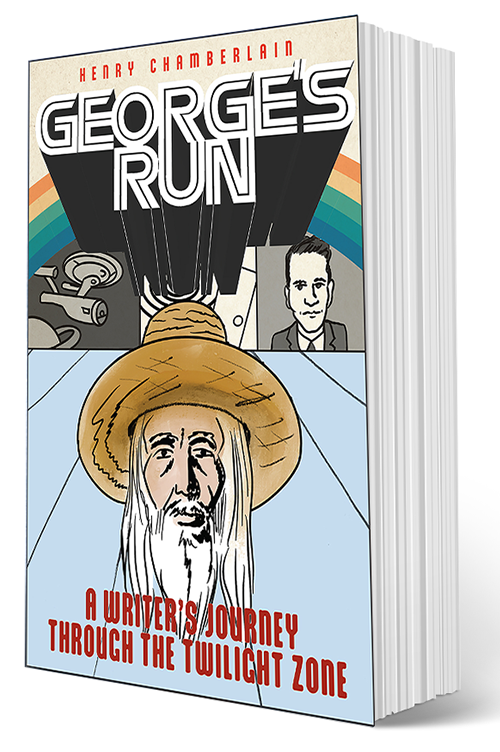If you can think it, there’s most likely an algorithm for it. With a wry humor running throughout, Brian Christian and Tom Griffiths navigate the interconnections between computer science and human activity in the newly released, “ALGORITHMS TO LIVE BY: The Computer Science of Human Decisions,” published by Henry Holt and Company. You come to find that many of life’s golden rules actually have proven methodology. So, in a sense, this book is a self-help book, just a particularly resourceful one using algorithms.
Algorithms. The steps involved in solving a problem. We remember them from high school algebra. We accept them as part of our reality with computers. And, as Brian Christian and Tom Griffiths explain, they relate to everyday life in more ways than you may have expected. In fact, many of life’s decisions could benefit from considering an applicable algorithm. Perhaps the most compelling is the question of finding a life’s partner. While computer scientists may not be specifically finding better ways to manage your love life, you’d be surprised at how math can play a role as matchmaker.
It’s called the 37 Percent Rule. And, while only correct 37 percent of the time, this algorithm can prove helpful when making a variety of significant decisions. This is also known as, “optimal stopping,” or knowing when to stop looking and start choosing. Computer scientists offered a quaint scenario, “The Secretary Problem.” Christian and Griffiths explain, if you are interviewing a bunch of applicants for a job as a secretary, proceed about a third of the way through; afterwards, be ready to decide moving forward based on what you know. You can see how that would apply to looking for a new apartment and even looking for a new mate!
Christian and Griffiths offer you 11 of these algorithms applicable to real life. Okay, let’s consider another example. Let’s keep in mind that, during a search, you reach a point when you’ve gathered enough data and a continued search can be seen as both redundant as well as confirming what you know. Computer science offered another quaint scenario, “The Multi-armed Bandit Problem.” The idea here is also something of a wait and see game. You can also call it “explore/exploit.” For example, in youth, you explore what life has to offer; in your mature years, you exploit what you have learned. Take that advice to your local casino and, who knows, you might win a payout: try a bunch of slot machines for a while; later, focus on the ones that seem to suggest to you, based upon your exploration, that they’re worth further gambling.
Sure, some of the correlations can seem rather tongue-in-cheek. Should you depend upon an algorithm to help you find a mate? Well, how about when finding a parking space? Keep looking, perhaps you need help with sorting, scheduling, or breaking a bad habit. We seek order out of chaos and this unique book offers some refreshing ways to create some order.
“ALGORITHMS TO LIVE BY: The Computer Science of Human Decisions” is a 368-page book available in hardcover, paperback, and as an e-book. For more details, visit Henry Holt and Company.













This seems to be a fun book to read. Most of our decisions could be modelled mathematically and it makes it convenient to analyze them. Supporting the proposed algorithms with data that shows their effectiveness, consolidate them further.
It reminded me of a TED talk where the speaker used extensive mathematics to exploit the dating site in order to choose a perfect life partner.
Yes, exactly! I am sure you’d enjoy the book, Chandan.
Pingback: Interview: Brian Christian and ALGORITHMS TO LIVE BY | Comics Grinder
Pingback: Algorithms to Live By: The Computer Science of Human Decisions | Science Book a Day
Glad you liked it!